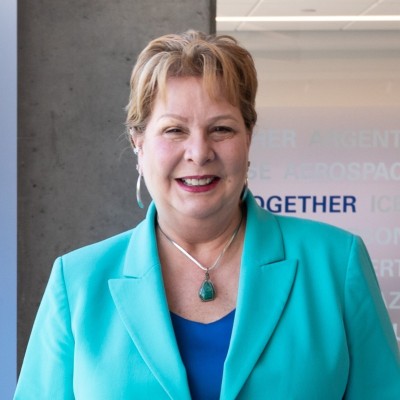Every software engineer reaches an important fork in their career road: Do I want to continue to code or manage the people who code?
In corporate parlance, this is the iconic divide between the individual contributor and the management track. It was once seen as a kind of inevitability that to advance one’s career, one had to vie for coveted management positions. Helped by a historic shortfall in software talent, companies have invested in the last decade to ensure clearer tracks. No one benefits when a talented software developer stumbles their way into a management role they don’t want, all to secure compensation and stature not afforded to lowly coders.
Some companies do this better than others, but most companies work hard to encourage employees to pursue management roles for the love of managing people, not adjacent perks. Now vaulted titles like senior software engineer can come with plush offerings and perks, and those with advice, wisdom and communication skills to share will find themselves as evangelists, speakers and authors.
One such speaker is Jocelyn Harper, the charismatic and connected software developer who is an idealized example of what coding bootcamps can do. Once a construction firm’s office manager in Rehoboth, she turned a childhood hobby with code into a software career with the help of a 12-week course. After navigating several high-profile corporate tech teams (including painful experiences), she launched a podcast and, as of next month, a ebook under her brand GitCute that offers advice on how junior software developers can plan to advance their careers.
Pre-order her book“A Software Engineer’s Guide to Seniority” reflects a seismic economic trend. Before a major industry consolidation, more than 23,000 people graduated from coding bootcamps in 2017 alone — with an eye toward diversity. The vocational model has been gasping to match the 65,000 computer science graduates that American universities pump out each year. Collectively they still fall behind the torrent 22% growth in software developer roles the American economy will experience between 2019 and 2029, according to the U.S. Bureau of Labor Statistics. That is five or six times faster than other role types.
Harper’s book, then, is a self-help book for the tens of thousands of new professionals in a fast-growing and so fast-changing career type. It’s a book she said she wishes she had a few years back. On the timeless IC-versus-management fork, she advises new developers do early soul-searching. She chose the individual contributor path, though she’s softening some as she gets more experience.
“As you get more senior, you still end up doing some of the interviewing and some of the management,” Harper told me in an interview on Clubhouse, the audio-only platform. (Though officially off-the-record, Harper and I agreed that we’d publish a recap of our conversation.) “ICs just have a lot less paperwork.”
The book offers her advice on topics ranging from technical interviews to networking and salary negotiation.
“With a software career, you need to decide what you’re doing it for,” Harper said. As one of the most competitive and coveted job types in the world, negotiating for compensation and perks has become as complex as many executive roles. Many are in technical roles for their love of the code. Other engineers, Harper said, especially people who “grew up in poverty” and are supporting family members, are in these careers for maximizing the money. “If that’s the case, do the work, get your money and go home.”
Join me on @joinClubhouse as I am interviewed by @TechnicallyPHL's CEO @christopherwink about "A Software Engineer's Guide to Seniority!" tomorrow, March 17th, at 7:30PM!https://t.co/VLWk5f1h4x pic.twitter.com/EuSTg6w3Lu
— The Nightmare Before Sailor Ghoul Licking Prada (@javavvitch) March 17, 2021
Join the conversation!
Find news, events, jobs and people who share your interests on Technical.ly's open community Slack

Meet the artist behind the robots you’re seeing take over Wilmington

This Week in Jobs: Get out there with 22 new job opportunities available to you!

'Be bold': This digital innovation and business strategist urges fellow women leaders to be their authentic selves


